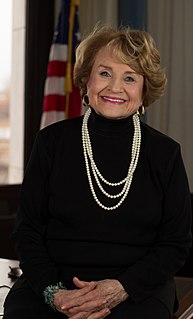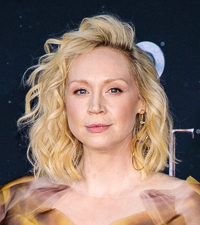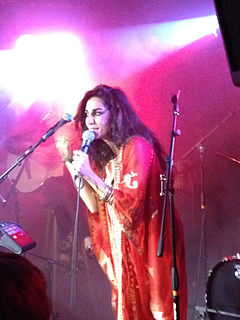A Quote by Andrea Dworkin
Feminism is a political practice of fighting male supremacy on behalf of women as a class, including all the women you don't like, including all the women you don't want to be around, including all the women who use to be your best friends whom you don't want anything to do with any more. It doesn't matter who the individual women are.
Related Quotes
Many women, particularly young women, have claimed the right to use the most explicit sex terms, including extremely vulgar ones, in public as well as private. But it is men, far more than women, who have been liberated by this change. For now that women use these terms, men no longer need to watch their own language in the presence of women. But is this a gain for women?
People sometimes say that we will know feminism has done its job when half the CEOs are women. That’s not feminism; to quote Catharine MacKinnon, it’s liberalism applied to women. Feminism will have won not when a few women get an equal piece of the oppression pie, served up in our sisters’ sweat, but when all dominating hierarchies - including economic ones - are dismantled.
All year there have been these cover stories that the women's movement is dead and about the death of feminism and the post-feminist generation of young women who don't identify with feminism - and then we have the biggest march ever of women in Washington. More people than had ever marched for anything - not only more women, but more people.
Countries with higher levels of gender equality have higher economic growth. Companies with more women on their boards have higher returns. Peace agreements that include women are more successful. Parliaments with more women take up a wider range of issues - including health, education, anti-discrimination, and child support.
In the middle-class United States, a veneer of "alternative lifestyles" disguises the reality that, here as everywhere, women's apparent "choices" whether or not to have children are still dependent on the far from neutral will of male legislators, jurists, a male medical and pharmaceutical profession, well-financed lobbies, including the prelates of the Catholic Church, and the political reality that women do not as yet have self-determination over our bodies and still live mostly in ignorance of our authentic physicality, our possible choices, our eroticism itself.



































